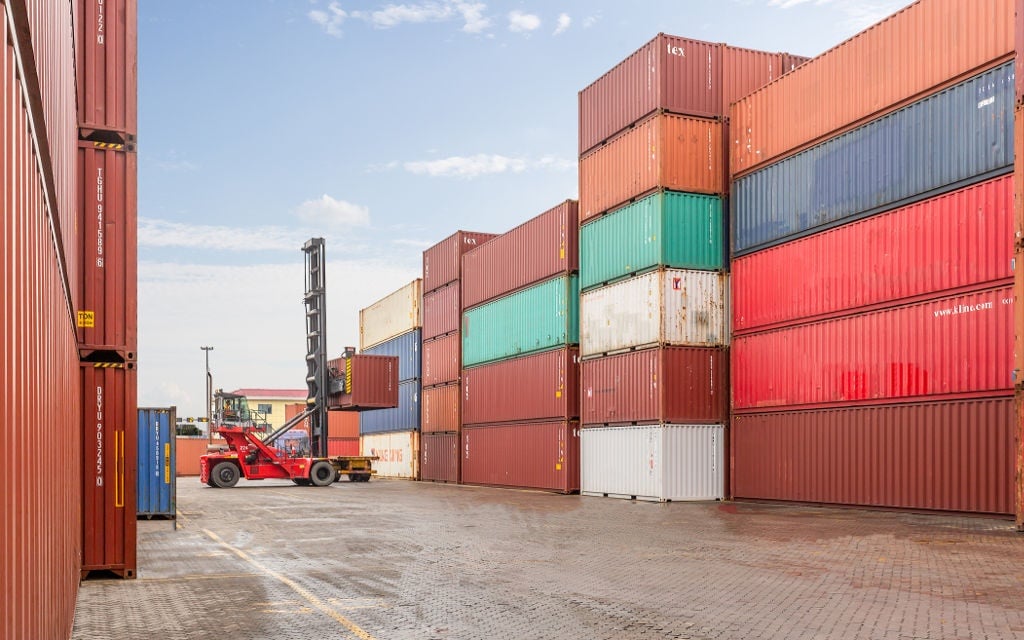
Architects of an Africa-wide free-trade area are in talks with the African Export-Import Bank to set up an adjustment facility to offset revenue losses for countries that lower cross-border tariffs, according to the zones most senior official.
"We are at advanced stages of negotiating with Afreximbank an adjustment facility, which will address the concerns of countries that will experience short-term revenue losses from liberalising trade under the African Continental Free Trade Area," Wamkele Mene, the secretary general, said Friday in a virtual tax summit organised by EY.
The first commercial deal under what could be the world's biggest free-trade area has been moved out to January 1 from July, after talks stalled due to the coronavirus pandemic. These are now being revived and moved online.
The agreement aims to bolster intra-African trade by lowering or eliminating cross-border tariffs on 90% of goods, facilitating the movement of capital and people, promoting investment and paving the way for a continent-wide customs union.
The planned reduction in duties has raised concerns from countries that rely on them for income. However, a World Bank report shows that short-term tariff revenues would decline by less than 1.5% for 49 out of 54 African countries, with total tax revenues set to decrease by less than 0.3% in 50 countries under the deal.
That's because only a small share of tariff revenues come from intra-African trade and with the bulk coming from a few tariff lines, which would enable some protectionist measures to be maintained even if countries liberalise, according to the Washington-based lender.
In the long run, African countries should reduce their reliance on import duties for revenue and strengthen public finances, Mene said.
"We should look at tariffs as a tool of industrial policy, we should look at tariffs as a tool to upscale our productive capacity in Africa," he said. "We have to make that shift from seeing trade as a revenue generation tool to seeing trade as a tool for diversification of our economies in Africa, for enabling Africa to become globally competitive."




 Publications
Publications
 Partners
Partners












